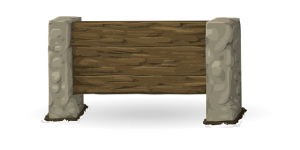Agricultural fencing, crucial for securing rural properties, includes options like high-tension wire, wooden post, and electric fences, enhancing security and management. A top-rated Jacksonville fence company offers tailored solutions, providing durable materials and skilled installation for livestock containment, crop protection, and boundary marking. Planning, permitting, and regular maintenance are key; working with a reputable Jacksonville fence company ensures compliance, longevity, and investment protection.
“Looking to enhance your farm or rural property in Jacksonville? Consider agricultural fencing, a strategic investment that offers both security and functionality. This guide explores the diverse types and benefits of these fences, highlighting their role in protecting crops and livestock. Discover how a top-tier Jacksonville fence company can facilitate expert installation, ensuring optimal durability. Learn about material choices, crucial for long-term performance, and essential planning and permitting steps. Finally, we provide maintenance tips to keep your agricultural fence in top condition.”
- Understanding Agricultural Fencing: Types and Benefits for Rural Properties
- The Role of a Jacksonville Fence Company in Farm Installation
- Choosing the Right Fencing Material for Optimal Durability and Security
- Planning and Permitting: Ensuring Compliance Before Construction Begins
- Maintenance Tips to Prolong the Lifespan of Your Agricultural Fence
Understanding Agricultural Fencing: Types and Benefits for Rural Properties
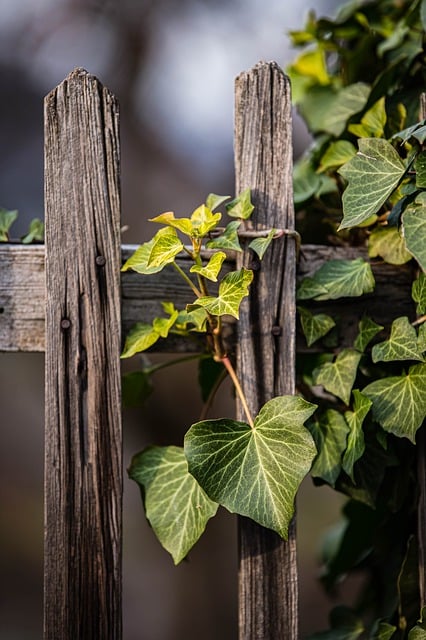
Agricultural fencing plays a vital role in safeguarding rural properties and enhancing their overall productivity. When it comes to farms, ranches, or even large estates, the right fence can provide numerous advantages. Jacksonville fence company experts often recommend various types of fencing designed to cater to specific needs.
For instance, high-tension wire fences are popular for enclosing vast fields, offering a cost-effective solution that’s easy to install and maintain. On the other hand, wooden post fences are ideal for defining property boundaries while adding aesthetic appeal. These fences not only provide security but also serve as visual markers, helping to navigate large properties. Additionally, electric fences are an excellent choice for containing livestock, ensuring animals stay within designated areas without compromising movement or well-being.
The Role of a Jacksonville Fence Company in Farm Installation
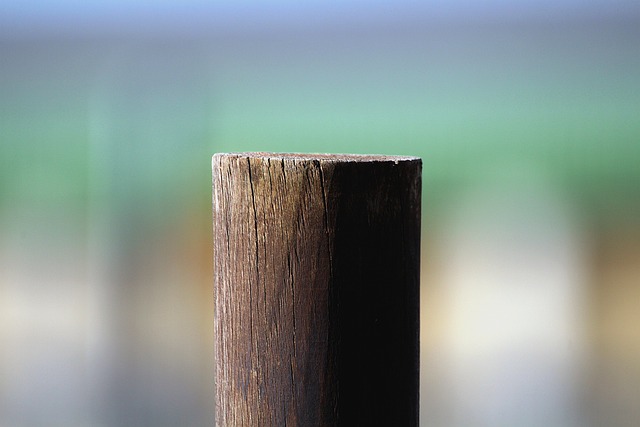
A Jacksonville fence company plays a vital role in enhancing the security and productivity of farms and rural properties. With their expertise, they offer specialized services tailored to meet the unique needs of agricultural settings. These companies provide not just physical barriers but also solutions that support efficient farming practices.
When it comes to farm installation, a Jacksonville fence company supplies and installs various types of fencing suitable for containing livestock, protecting crops from wildlife, and defining property boundaries. They utilize high-quality materials designed to withstand the harsh conditions often found in agricultural environments. Their skilled technicians ensure proper installation, ensuring these structures are strong, secure, and long-lasting.
Choosing the Right Fencing Material for Optimal Durability and Security
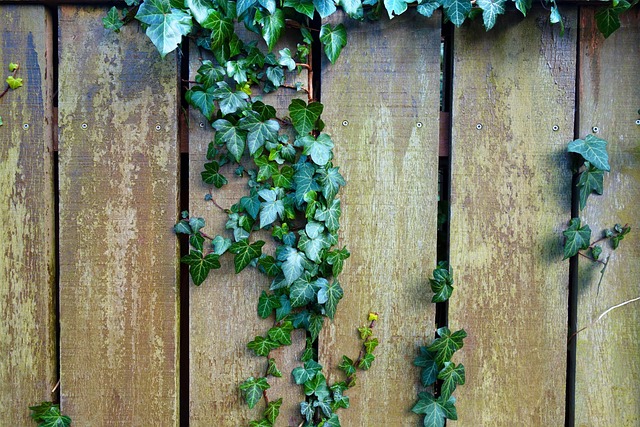
When it comes to agricultural fencing, selecting the right material is paramount for both durability and security. A top-tier Jacksonville fence company understands that different properties have unique needs, so they offer a variety of options to suit various environments and purposes. For instance, vinyl fencing is an excellent choice due to its low maintenance and resistance to rust, making it ideal for farms with valuable livestock or crops. On the other hand, wrought iron fences provide an elegant and robust solution, perfect for rural properties seeking a more traditional aesthetic while ensuring maximum security.
Factors like weather exposure, animal traffic, and budget should guide your selection. Durable materials like steel or aluminum are suitable for areas prone to harsh conditions or heavy use. These materials offer longevity and strength, which is crucial for keeping livestock in check and preventing unwanted intruders. Conversely, natural materials such as wood can be a cost-effective option but require regular maintenance to resist rot and insects, making them less ideal for all-season use on farms.
Planning and Permitting: Ensuring Compliance Before Construction Begins
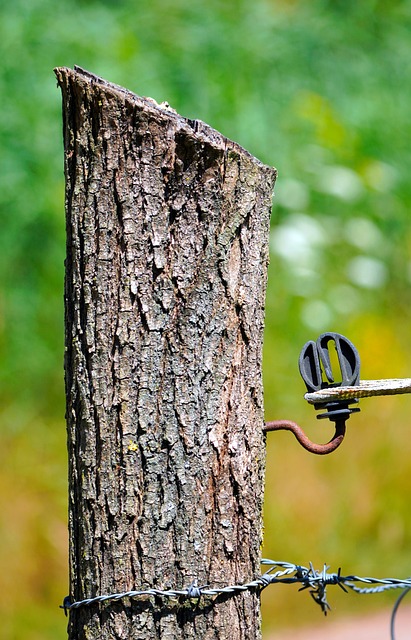
Before any construction begins, a thorough planning and permitting process is essential for any agricultural fencing project in Jacksonville. This step involves understanding local regulations and obtaining the necessary permits to ensure compliance with zoning laws and land-use restrictions. A reputable Jacksonville fence company will guide clients through this phase, helping them navigate the administrative aspects of installing fences on rural properties.
By securing the required permits, homeowners and farmers can avoid potential legal issues and penalties later. It’s a crucial step that ensures the project aligns with local guidelines, protecting both the property owner and the fencing contractor. This process includes submitting detailed plans, specifying the fence’s design, materials, and location, ensuring it fits within the designated parameters for agricultural structures in Jacksonville.
Maintenance Tips to Prolong the Lifespan of Your Agricultural Fence
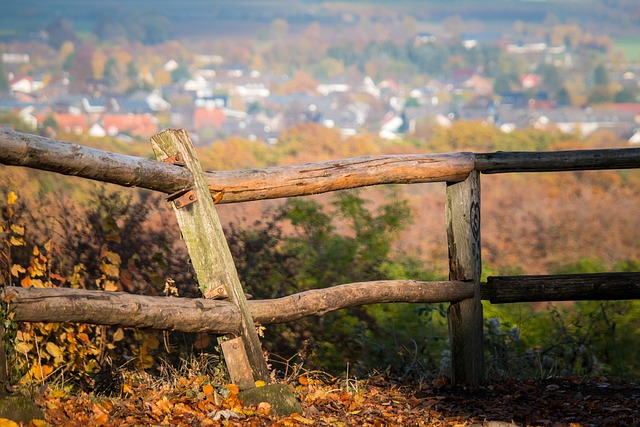
Maintaining your agricultural fence is essential for keeping your farm or rural property secure and ensuring the longevity of your investment, especially when you rely on a Jacksonville fence company for installation. Regular cleaning and inspection are key to preventing damage and rust, which can weaken the structure over time. Start by clearing away any debris, such as leaves and branches, that may accumulate at the base of the fence, as this can hinder water drainage and lead to rot. Use a soft-bristled brush and mild detergent to gently clean the fence, removing any dirt or grime built up on the surface.
After cleaning, inspect the fence for any signs of wear and tear, such as loose or missing posts, damaged rails, or corroded hardware. Address these issues promptly to prevent further damage. Repaint or reseal the fence regularly, especially in areas prone to high moisture levels or extreme weather conditions. By implementing these simple maintenance tips, you can ensure your agricultural fence remains sturdy and secure for years to come, protecting your property and the valuable resources within it.
When it comes to safeguarding your farm or rural property, a well-installed agricultural fence is an investment that offers both security and longevity. With the assistance of a reputable Jacksonville fence company, you can ensure that your chosen fencing material—be it metal, wood, or vinyl—is not only durable but also enhances the overall aesthetic of your landscape. By following proper planning, permitting, and maintenance practices, you’ll benefit from a robust barrier that protects your land, livestock, and crops for years to come.
